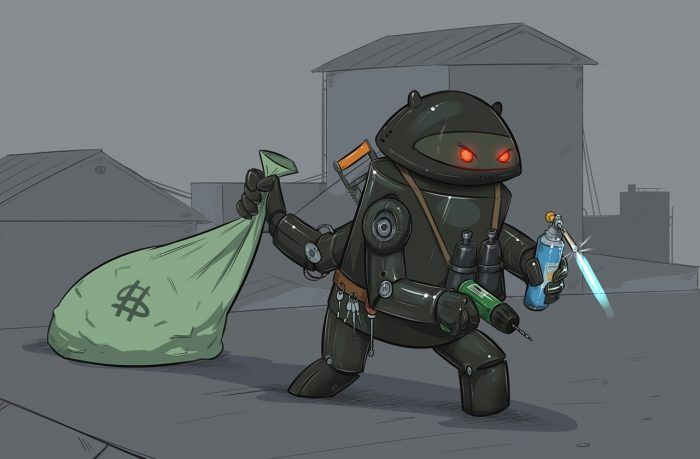
CTB-Locker ransomware infects 70 web servers
CTB-Locker comes back and strikes 70 web server from 10 countries across the globe. Who is at risk and what should they do?
789 articles

CTB-Locker comes back and strikes 70 web server from 10 countries across the globe. Who is at risk and what should they do?


The average American’s data has been stolen several times. Now when it’s done, what would a cybercriminal do next? We have discussed it at RSA Conference 2016.

Does your use of social media make you a liability to your company?

Triada is a modular mobile Trojan that actively uses root privileges to substitute system files and uses several clever methods to become almost invisible

A look at the evolution of mobile threats in 2015 and some predictions for 2016

Shodan and Censys are the search engines for the Internet of Things and this duo is capable of wreaking havoc in a lot of different ways

Acecard is one of the most advanced banking trojans. It’s capable of overlaying more than 30 banks’ and financial systems’ apps and is spread via Google Play.

What’s wrong with ATMs’ security and what should the banks do about it

Sooner or later each user of the internet will face a trick or trap. Here’s the list of the most widespread ones. Forewarned is forearmed!

Vitaly Kamluk of the Kaspersky GReAT discusses Adwind during the SAS 2016.

At The SAS 2016, Kaspersky Lab researchers discussed the newly discovered Poseidon Group. A custom APT boutique chasing commercially valuable data


At SAS 2016 our GReAT experts talk about a Java-based multi platform malware used by hundreds of cybercriminals for a handful of purposes

Fraudsters portfolio updated: now they’ve learnt to steal money from banks directly. How did it happen?

We all know that security is low on the IoT totem pole. However, here’s to hoping these 5 items stay secure.

Konstantin Goncharov recaps the most significant security events of 2015.

Did you know that your PC can become infected by an email that you never actually read?

A system integrator discovered a virus lurking in a policeman’s body camera

A renovated version of TeslaCrypt ransomware has recently affected numerous devices in Japan and Nordic countries.
